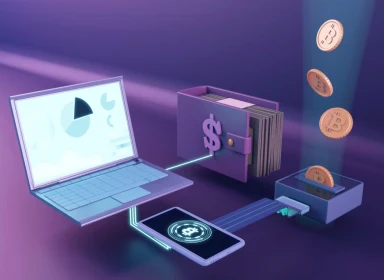
On deception of each other malefactors have lost not less than $2.5 million.
In a recent report, Sophos experts revealed how cybercriminals are defrauding each other. The data was obtained from various hacker forums and services where attackers talked about how they were deceived. According to rough estimates, cybercriminals lost at least $2.5 million on deceiving each other.
Let's take a look at the most popular scams:
- Rip-and-run - most often used by scammers. It works in two directions: when the buyer pays for the goods, but does not receive it, or when the seller gives the goods, but does not receive money for it. The support service on hacker forums is powerless in this case. Usually the deceiver receives a ban, but he fails to return what he stole.
- Sale of databases that are in the public domain or simply outdated.
- Selling fake hacking tools. Attackers sell each other “tools” that actually turn out to be regular PDF/EXE files.
- Scams involving “referral”. One attacker invites a potential buyer to buy something from a reputable malware developer. The victim is left with nothing, and the scammers divide her money in half.
- Fake guarantor. In this case, the attacker pretends to be a guarantor and simply takes the funds that are intended for the seller.
Of the less popular, but more sophisticated methods of deception, experts noted fraud with the sale of malware, which is embedded with a backdoor that allows the seller to covertly attack the buyer and steal his data. In addition, there are many fake hacker forums that charge users for registration or steal their credentials in order to sell the stolen information on real shady forums.



Comments 0